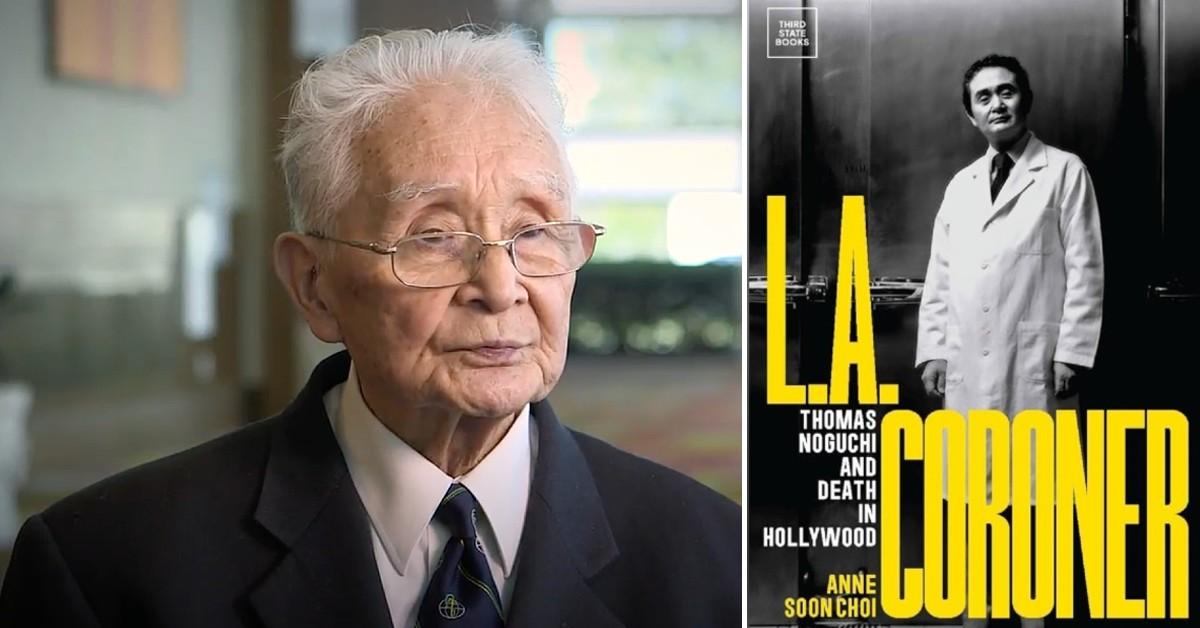Italy's Defence Minister Urges UK to Share Technologies in Fighter Jet Project

In a pointed statement, Guido Crosetto, Italy's Defence Minister, has expressed concerns regarding Britain's reluctance to fully share critical technologies with Italy and Japan. This collaboration is part of a significant initiative aimed at developing a new fighter jet under the Global Combat Air Programme (GCAP), which is set to deliver advanced aircraft by the year 2035.
During an interview with Reuters, Crosetto emphasized the urgency of collaborative technology sharing, particularly noting that such cooperation is essential for maintaining a "serious relationship" among the countries involved. As a prominent member of Prime Minister Giorgia Melonis right-leaning Brothers of Italy party, Crosettos comments reflect a broader sentiment in Italian politics regarding international military cooperation. He remarked, "There is no longer anyone who can be considered first and second class and who wants to defend old legacies," highlighting the need for equitable partnerships in defense projects that transcend historical hierarchies.
Furthermore, Crosetto articulated the necessity for the UK to dismantle what he termed the "barriers of selfishness" that currently hinder open technological collaboration. This phrase encapsulates his belief that, while Italy and Japan have largely embraced a spirit of cooperation, the UK has been more hesitant. He stated, "Italy has broken them down totally, Japan almost totally. It seems to me that the UK is much more reluctant to do this, and that's a mistake because selfishness is the worst enemy of nations." While Crosetto did not provide specific examples of the technologies that may be withheld by the UK, his comments underscore a pressing concern within the collaborative effort.
In response to questions regarding Britain's position, the UKs Ministry of Defence did not provide immediate comments or clarifications. This silence has led to increased scrutiny and speculation over the nature of technology sharing within the GCAP.
Moreover, Crosetto expressed support for including Saudi Arabia in the project, presenting it as a model for expanding defense cooperation beyond European borders. He noted that, similar to Japan's strategic inclusion, Saudi Arabia's involvement could be beneficial due to its economic resources and its pressing need for technological advancement in defense capabilities. He stated, "The choice of Japan was key in this respect, so would be Saudi Arabia, which has a need for technological growth and has more resources available than our three countries."
The collaborative effort between Britain, Italy, and Japan was formalized last year when the three nations announced the establishment of a joint company dedicated to the fighter jet project. This marked a significant milestone following their initial agreement in 2022. Each partnerBritains BAE Systems, Italys Leonardo, and Japans Aircraft Industrial Enhancement Corporation (JAIEC)will hold an equal share of 33.3 percent in this venture, aiming to revolutionize modern aerial combat with a cutting-edge aircraft that incorporates the most advanced technologies available.


























